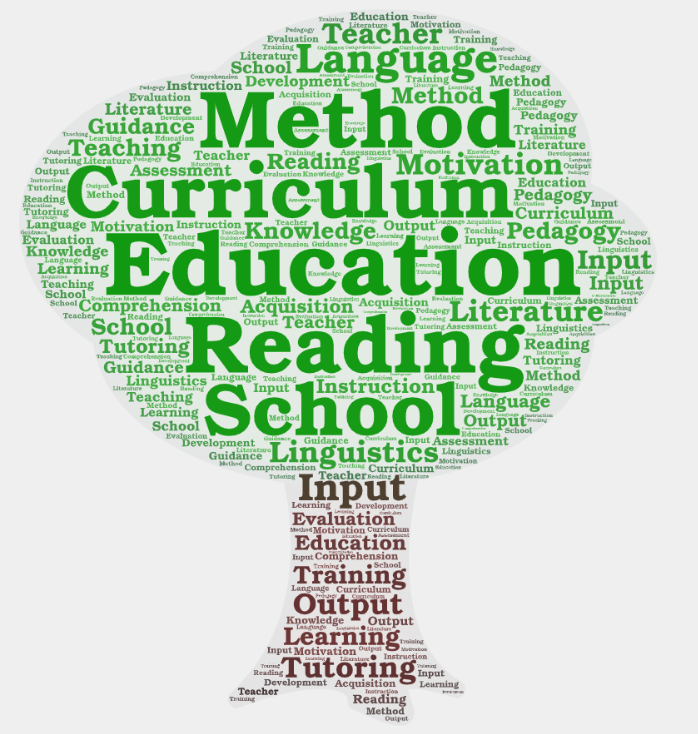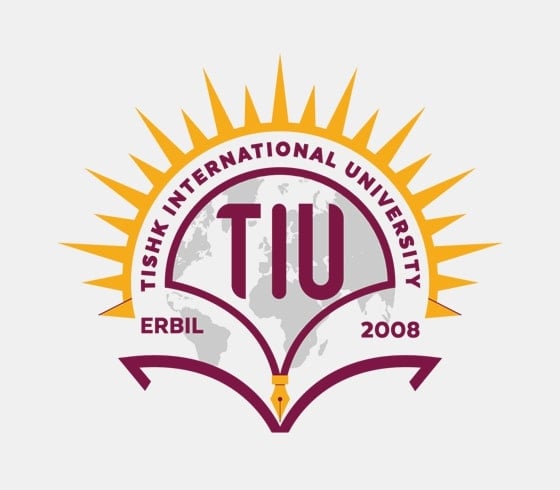Volume 9 Issue 3 Article 3
A Review of the Aims and Principles of Guidance Activities in Schools
Recep Bilgin 1 & Yunus Yildiz 2 & Ayse Yildiz 3
1English Language Teaching Department, Faculty of Education, Tishk International University, Erbil, Iraq
2English Language Teaching Department, Faculty of Education, Tishk International University, Erbil, Iraq
3Freelance Researcher, Erbil, Iraq
Abstract: Guidance is the activities carried out by experts to find solutions to people’s problems and support their developmental processes. In order for these activities to be carried out correctly, some principles and objectives must be taken into account. The fact that all people need help in their developmental processes and that each person is a case is the most important principle of guidance. All activities are shaped around this principle. With the adoption of this principle, the help people need can be given more effectively. In addition, preparing people for the future as the modern world needs is the foremost aim of guidance.
Keywords: Guidance, Aims of Guidance, Principles of Guidance
Published: August 3, 2022
References:
Adkins, V. S. Y. (1965). An analysis of textbooks on principles of guidance. The University of Oklahoma.
Barki, B. G., & Mukhopadhyay, B. (1989). Guidance and counselling: A manual. Sterling Publishers Pvt. Ltd.
Carvalho, C., Martins, D., Santana, L. E., & Feliciano, L. (2014). Teacher feedback: Educational guidance in different school contexts. Procedia-Social and Behavioral Sciences, 159, 219-223.
Celik, B., & Yildiz, Y. (2017). Commitment to the teaching profession. International Journal of Social Sciences & Educational Studies, 4(2), 93-97.
Celik, B., & Yildiz, Y. (2019). The role of foreign language culture on teaching the language and learner motivation. International Journal of Social Sciences & Educational Studies, 5(4), 150-161.
Davies, T. J. P. (1969). The construction of an inventory to assess familiarity with the general principles of guidance. The University of Oklahoma.
Field, S., Martin, J., Miller, R., Ward, M., & Wehmeyer, M. (1998). A Practical Guide for Teaching Self-Determination. Council for Exceptional Children, CEC Publications, 1920 Association Dr., Dept. K0032, Reston, VA 20191-1589 (Stock# P5231, $39.95, nonmembers; $27.50 CEC members).
Girgin, G. (2004). Çağdaş eğitim sisteminde öğrenci kişilik hizmetleri ve rehberlik. Psikolojik Danışma ve Rehberlik (Editör: Alim Kaya), Ankara: Anı Yayıncılık.
Hatfield, T., & Hatfield, S. R. (1992). As if your life depended on it: Promoting cognitive development to promote wellness. Journal of Counseling & Development, 71(2), 164-167.
Jahanian, R., & Ebrahimi, M. (2013). Principles for educational supervision and guidance. Journal of Sociological Research, 4(2), 380-390.
Kesici, S. (2007). Middle school students’ guidance and counseling needs. Kuram ve Uygulamada Egitim Bilimleri, 7(3), 1325.
Külahoğlu, Ş. (2004). Okul psikolojik danışma ve rehberlik programlarının geliştirilmesi. Ankara: Pegem A Yayınları.
Kwakman, K. (2003). Factors affecting teachers’ participation in professional learning activities. Teaching and Teacher Education, 19(2), 149-170.
Loan, D. T. B., & Van, N. T. (2015). Career guidance in secondary schools-a literature review and strategic solutions for Vietnamese rural areas. American International Journal of Social Science, 4(5), 135-143.
Lunenburg, F. C. (2010). School guidance and counseling services. Schooling, 1(1), 1-9.
Maslow, A., (1970), Motivation and personality. Harper&Row Publishers, Second Edition, USA
Miller, L., Taha, L., & Jensen, E. (2013). From guidance to school counseling: New models in school mental health. In Handbook of culturally responsive school mental health (pp. 43-56). Springer, New York, NY.
Mulawarman, M., Susilawati, S., Syifa, L., & Rifani, E. (2020). Classroom guidance strategy with flipped method in guidance and counseling services at Indonesia schools in the digital era. Islamic Guidance and Counseling Journal, 3(2), 61-74.
Mulhern, C. (2020). Beyond teachers: Estimating individual guidance counselors’ effects on educational attainment. Unpublished manuscript, RAND Corporation.
Nkechi, E. E., Ewomaoghene, E. E., & Egenti, N. (2016). The role of guidance and counselling in effective teaching and learning in schools. RAY: International Journal of Multidisciplinary Studies, 1(2), 36-48.
Nota, L., & Soresi, S. (2004). Improving the problem-solving and decision-making skills of a high indecision group of young adolescents: A test of the “difficult: no problem!’” training. International Journal for Educational and Vocational Guidance, 4(1), 3-21.
Nurhasanah, N., & Nida, Q. (2016). Character building of students by guidance and counseling teachers through guidance and counseling services. Jurnal Ilmiah Peuradeun, 4(1), 65-76.
Özoğlu, S. Ç. (1982). Eğitimde rehberlik ve psikolojik danışma (No. 3). Ege Üniversitesi Sosyal Bilimler Fakültesi.
Romiszowski, A. (1999). The development of physical skills: Instruction in the psychomotor domain. Instructional-design theories and models: A new paradigm of instructional theory, 2, 457-481.
Schoen, S. (2007). Action research: A developmental model of professional socialization. The Clearing House: A Journal of Educational Strategies, Issues and Ideas, 80(5), 211-216.
Sears, S. (1982). A definition of career guidance terms: A National Vocational Guidance Association perspective. Vocational guidance quarterly.
Thomsen, R. (2012). Career guidance in communities. Aarhus: Aarhus University Press.
Tosun, M., & Yildiz, Y. (2015). Extracurricular Activities as Warm-Ups in Language Teaching. International Journal of Social Sciences & Educational Studies, 2(1), 62-64.
Watts, A. G. (2002). Socio-political ideologies in guidance. In Rethinking careers education and guidance (pp. 233-241). Routledge.
Yildiz, Y. (2015a). The key to success in English learning can be involvement in extra curricular. International Journal of Thesis Projects and Dissertations (IJTPD), 3(3), 24-28.
Yildiz, Y. (2015b). Better education at Ishik University preparatory school with extracurricular activities. Advances in Language and Literary Studies, 6(4), 158-161.
Yildiz, Y. (2016). The role of extracurricular activities in the academic achievement of English as foreign language (EFL) students In Iraqi universities (A case of Ishik University preparatory school). Unpublished PhD Thesis. Tbilisi: International Black Sea University.
Yildiz, Y. (2017). Components of commitment to the teaching profession. International Journal of Social Sciences & Educational Studies, 4(2), 115-122.
Yildiz, Y. (2019). EFL learners’ needs in preparatory schools and supplementary techniques to improve their language proficiency. International Journal of Academic Research in Business and Social Sciences, 9(1), 586-596.
International Journal of Social Sciences & Educational Studies
ISSN 2520-0968 (Online), ISSN 2409-1294 (Print), September 2022, Vol.9, No.3
Journal Metrics
Keywords


Contact Info
Fakhir Mergasory School, Erbil, KRG, IRAQ
Email: [email protected]
